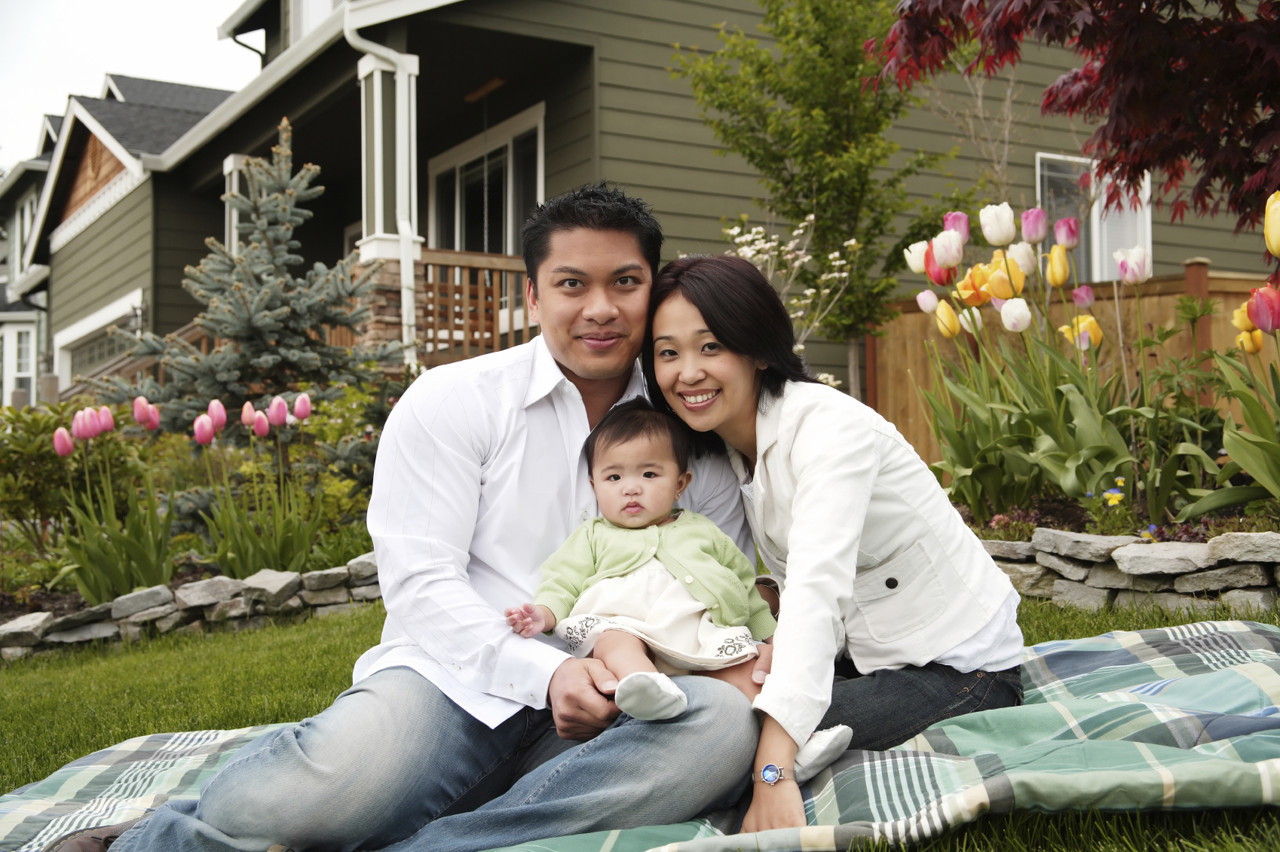Once you start having children, your needs become vastly different from when you were a young couple. And, it’s going to cause a few issues. Apartment living and city life might be okay for when you have no responsibilities, but as soon as you have kids, things will change.
Finding a home large enough to accommodate a growing family can be tricky. You have to balance out a lot of things, such as affordability, space, and location. But, there are a few tips to watch out for to make sure the home you choose is the right place to bring up your offspring. Let’s take a look at some of those ideas now.
Where to look
First of all, as everyone knows, location is one of the most important factors when it comes to moving home. You need to have access to great schools to give your kids the best chance in life. And, local parks and amenities must be enough to keep you busy during the day, and easy to get out to for some all-important fresh air.
But, there’s a problem. Popular areas drive up house prices, and it will cost you a significant sum. If your budget can’t quite stretch, then you might have to think about making compromises. You could go for a smaller home, and still experience the area’s excellent facilities. Or, you could think about moving slightly outside the area so that you can enjoy a larger home, and still have access to some of the amenities.
Chat with the neighbors
There are a couple of fundamental reasons why you should go door knocking around any area that you think might be a good fit. First of all, you will find things out about the area – or the house – that the seller might not tell you. It’s also a good way of scoping out the type of people that live there. In an ideal world, you will have plenty of other families living nearby, in a similar situation as you. Your kids will have friends, and healthy social lives, and in a quiet suburb, families tend to look out for one another.
But, it isn’t always the case! There are plenty of areas out there that aren’t great for kids – even if they look the part. And, the only way to tell is by talking to the neighbors and watching their reactions to your family. If there’s a hint of them turning their nose up at the thought of having noisy children on the street, then you might want to reconsider. While good neighbors aren’t the be all and end all, they can have a negative impact on your lives.
Key safety issues
There are several things you should look out for when you’re buying a family home. Check the local statistics for crime, and have a good look around the area you are considering. Is the house right next to a busy road? Are there any managed property services you can join, to keep the area looking in good shape?
Don’t forget to inspect the inside of a prospective house, too. Check for small and winding staircases that can be a hard for young kids – and parents who carry them. Will you need window shutters for your home for extra safety? Is the garden secure, or does it lead out to a road or a fast-flowing river? These are all things that can have tragic consequences – so take your time and make sure you are confident about your choice.
The question of space
There are three things to think about when it comes to space in a family home – living space, garden size, and storage. Kids need a lot of room to play and express themselves, so a large family area is essential. Bedroom size is less relevant – although it might become an issue when your children hit their teens. A big garden is preferable, although anything larger than a yard will do. But, it’s storage space that will have the most significant effect on your lives, and it’s something many young couples overlook when finding a family home.
It’s no surprise. You can’t expect people who have no child caring experience to understand the sheer volume of stuff that comes with having kids. So, if you are starting a family and looking for a new home, make sure that there are plenty of cupboards, wardrobes, and loft and cellar space. Or, that you have the room to make a few changes. Believe us – you will need as much as you can get!
Be creative
Of course, if you have a little time on your hands, it can pay to get creative. Get your hands on a floor plan of the home, and you can start to visualise where you could make some changes. It can often be cheaper to buy a run down property in an expensive area, and hire an architect and building team to turn it into the house of your dreams.
You could even investigate the idea of buying some land and building your home from scratch. The only issue with either of these ideas is the timescale. It’s not something you should consider doing if you have multiple children who are getting older. But, if you have a single child and are living in an apartment, it’s achievable – if your budget allows.
Compromise
As we have pointed out a few times already, compromise is essential when you buy a family home. No building or area is perfect, despite what the brochures might say. There will be choices to make between luxury and practicality, space and cost, and community and amenities. You’ll need to establish which are the most important for you and your family.
Finally, it’s also a good idea to follow your instincts. If you have a good feel for the place, then that should be enough to suggest it is a reliable choice. Equally, if you have any concerns, then that should be a warning flag that you need to address before signing any documents.


